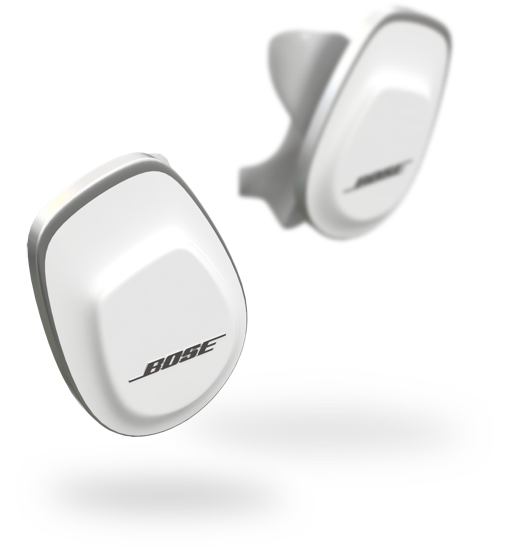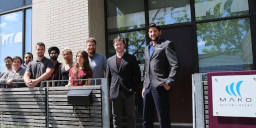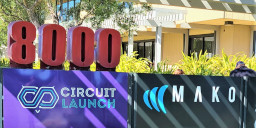Predicting the next big consumer trends to hit popular markets is an exceptionally helpful strategy to use when designing a new invention. However, it is far from straightforward and quite difficult to succeed at successively.
It’s actually about as easy as inventing a personal computer. There’s a reason we don’t encounter people with innovative minds like Steve Jobs every day. Luckily, we can learn from examples like his and attempt to predict future product design trends by keeping our knowledge of new, emerging technologies or consumer interests up-to-date.
In an article published in Technology Review, a bi-monthly magazine produced by the Massachusetts Institute of Technology, online editor Will Knight explores a few possibilities for what may rise in popularity after the touch screen.
In order to identify plausible future design trends, he evaluates new technologies that have developed to facilitate human-computer interaction. Many of these technologies were showcased at the most recent ACM Symposium on User Interface Software and Technology, which took place this week in Massachusetts.
Fascinating Inventions from the ACM Symposium
This Symposium has enduringly served as the original forum to discuss major innovations in the realm of human-computer interface software and technology. It gathers a diverse array of prominent experts in the space to discuss recent research discoveries, exchange perspectives, and acknowledge changemakers who have been driving these initiatives forward.
Knight exhibits how learning about these new technologies can enable everyday inventors to accurately envision future design trends. As an example, he highlights a new interface called Digits, which combines a motion sensor, an infrared light and a camera into one compact device that can be worn around the wrist.
It functions like Microsoft’s motion-sensing device for the Xbox Kinect, allowing for accurate control of complex computer games, but it’s portable. This portability feature, which allows for a broader application of the technology, may provide “a glimpse into the future of mobile computing,” writes Knight.
In fact, several teams at the conference exhibited various modifications of existing mobile interfaces based on new technological capabilities, of which there are many.
Highlighting some of the most interesting and promising examples, Knight provides details about a new design that makes a flat piece of ordinary glass feel as though it has physical buttons and sliders with actual resistance.
Another project centred on developing a way for devices to recognize the swipe and press actions of specific people. A malleable touch screen that bends and transforms under finger pressure is an almost unbelievable new reality.
Remain Up-to-Date to Remain Ahead
Without knowledge of these new technologies and mobile capabilities, the market remains stagnant, and it becomes difficult for inventors to generate new ideas for products. On the other hand, by closely following these new discoveries and ideas, inventors may envision how they can be utilized in new products or innovations, thus predicting future trends.
Acquiring an advanced understanding of these new technologies also allows an inventor to imagine other technological achievements that may be possible, thus enabling them to remain ahead of other competing innovators by predicting the future.
Decades ago, the iPhone, motion and touch sensor screens would have seemed virtually impossible to most people. And yet, these technologies were not discovered and integrated by accident.
By keeping your knowledge of new technologies current and actually using that information to make predictions, it becomes more possible to anticipate successful new product ideas and, hopefully, come up with some of your own!
About: MAKO Design + Invent is the original firm providing world-class consumer product development services tailored to startups, small manufacturers, and inventors. Simply put, we are the leading one-stop-shop for developing your physical product from idea to store shelves, all in a high-quality, cost-effective, and timely manner. We operate as one powerhouse 30-person product design team spread across 4 offices to serve you (Austin, Miami, San Francisco, & Toronto*). We have full-stack in-house industrial design, mechanical engineering, electrical engineering, patent referral, prototyping, and manufacturing services. To assist our startup and inventor clients, in addition to above, we help with business strategy, product strategy, marketing, and sales/distribution for all consumer product categories. Also, our founder Kevin Mako hosts The Product Startup Podcast, the industry's leading hardware podcast. Check it out for tips, interviews, and best practices for hardware startups, inventors, and product developers. Click HERE to learn more about MAKO Design + Invent! *NOTE: Engineering services are provided exclusively by our USA-based engineering team







